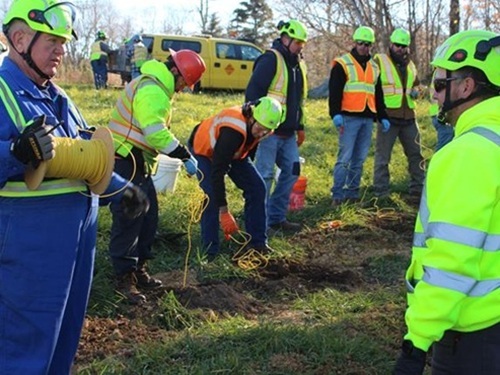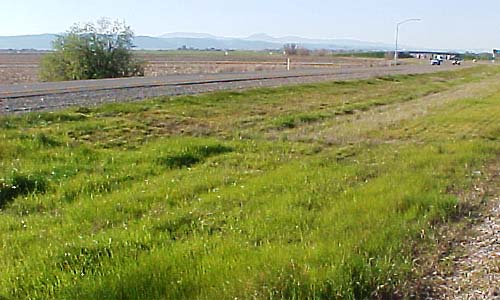Kentucky Transportation Cabinet highway crews started engaging in an annual effort at the beginning of March to control the spread of invasive plant species that can damage transportation infrastructure as well as interfere with motorist “line-of-sight.”
The agency said in a March 4 statement that its crews are targeting a variety of different invasive plants along highway rights-of-way with weed-killing sprays, including: Johnson grass, giant foxtail, Canada thistle, nodding thistle, common teasel, multiflora rose, amur honeysuckle, poison hemlock, marestail, Japanese knotweed and kudzu.

“Left uncontrolled, noxious weeds can grow so large that they interfere with a driver’s line of vision on highways,” the agency noted in its statement. “They can also damage pavement and embankments and clog ditches, causing drainage problems.”
The KYTC added that noxious weeds often invade and destroy the roadside turf grass, leaving these areas vulnerable to erosion, and can also “smother” native plants through rapid reproduction and long-term persistence.
Property owners who are actively treating noxious weeds on private property may request the eradication of nuisance weeds found on adjacent state-owned right of way, the agency noted, though a written application must be submitted to the property owner’s local highway district office.
 States
States
NCDOT Staff Participate in ‘Explosive’ Technical Training
December 19, 2025 States
States

